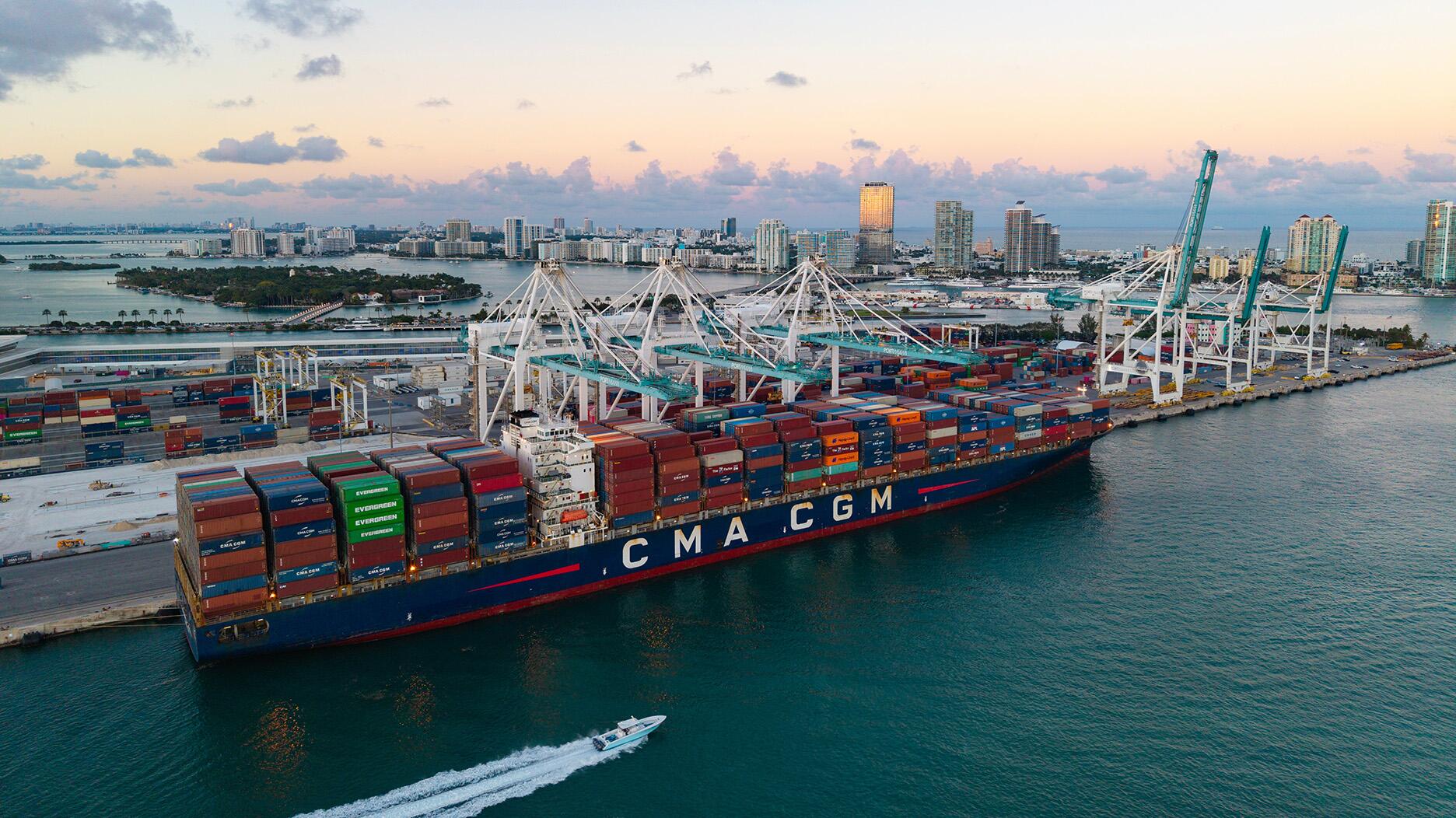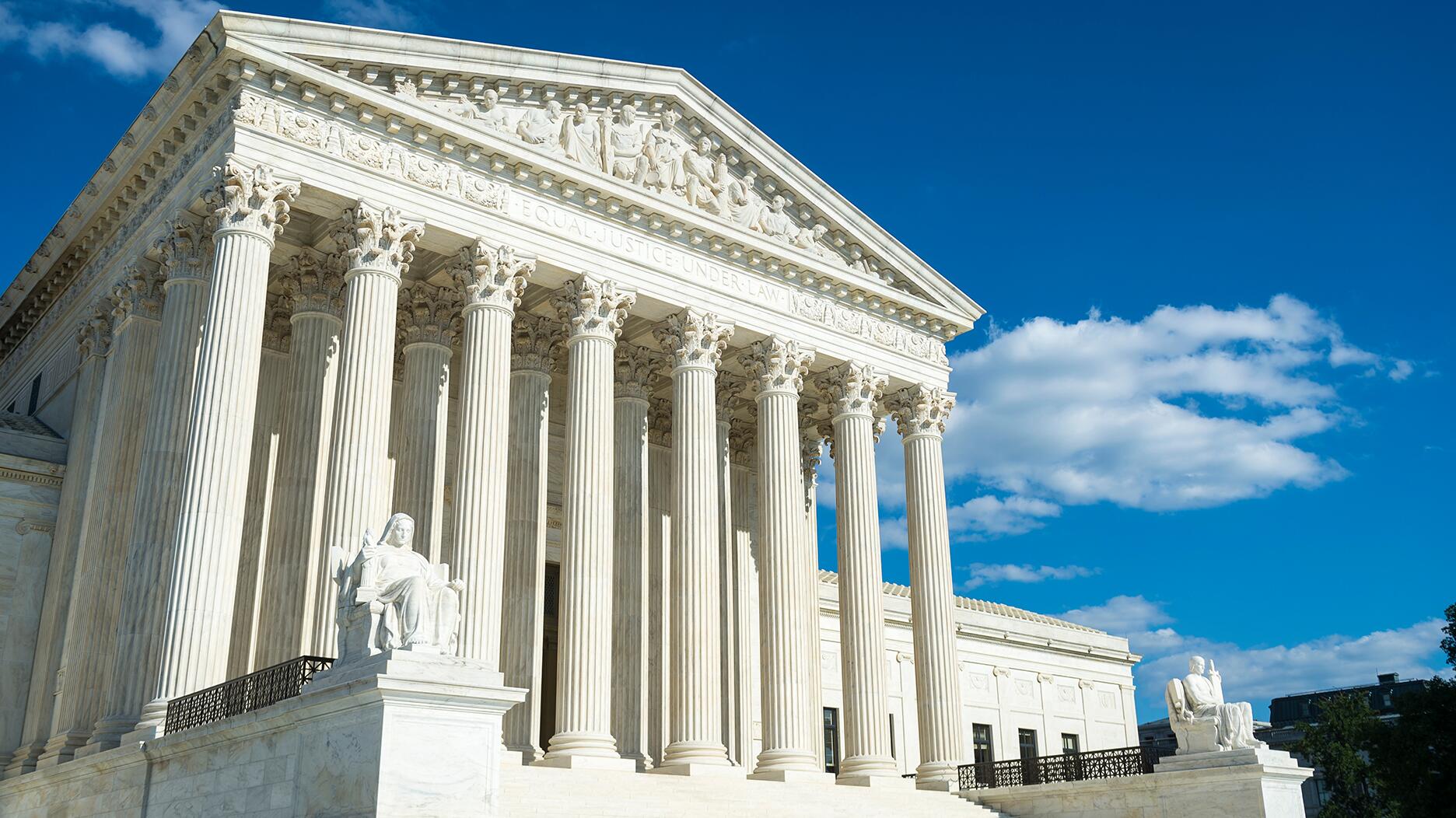Trade Court Declares Trump’s Tariffs Invalid
However, the tariffs remain in effect in the short term, as an appeals court has stayed the U.S. Court of International Trade’s decision.

New York—A ruling from the U.S. Court of International Trade (CIT) that invalidated President Donald Trump’s sweeping tariffs is on hold.
On Wednesday, a panel of three CIT judges issued a ruling that blocked the tariffs Trump imposed on Canada, Mexico, China, and 50-plus other countries by declaring an emergency under the International Economic Emergency Powers Act (IEEPA).
The judges found that the 1977 law does not give the president “unbounded authority” to “impose unlimited tariffs on goods from nearly every country in the world.”
The Trump administration appealed the decision to the U.S. Court of Appeals for the Federal Circuit, and the appeals court stayed the CIT’s ruling on Thursday, less than 24 hours after it was handed down.
This means the tariffs will remain in effect until all appeals are finished.
Early in the year, Trump used the IEEPA to invoke levies on goods from Canada and Mexico in return for what his administration said was their role in allowing fentanyl to enter into the United States, and on China for failing to stop the flow of synthetic opioids into the U.S.
The trade court referred to these tariffs collectively as the “trafficking tariffs.”
In early April, the president invoked the IEEPA again when he announced a 10 percent duty on goods from all trading partners (the “worldwide tariffs”) and unveiled a list of 57 countries whose imports will face higher rates, ranging from 11-50 percent (the “retaliatory” tariffs).
The president imposed these tariffs in response to a national emergency related to what he views as an imbalance in the U.S. trade relationships and tariff rates, and U.S. trading partners’ economic policies that “suppress domestic wages and consumption, as indicated by large and persistent annual U.S. goods trade deficits.”
Trump said these deficits pose an “unusual and extraordinary threat to the national security and economy of the United States.”
The announcement of the country-specific tariffs sent the jewelry industry into a tailspin, as many key countries in the supply chain were on the country-specific tariff list, including China, India, Thailand, Botswana, Vietnam, and Switzerland.
While the tariffs have since been lowered and paused, Wednesday’s ruling would have blocked them entirely.
In a member alert sent out Thursday morning, the Jewelers Vigilance Committee noted that while CIT’s ruling is a “positive” step toward the elimination of the IEEPA tariffs, nothing has changed in the short term.
Importers still need to declare all imports under the applicable tariff provisions and pay duties.
JVC also said in the alert that there will be a way for companies to claim refunds on tariffs paid if they are declared invalid.
There is nothing specific members need to do right now to preserve their rights to a refund, though JVC does recommend keeping “thorough” records of imports and duties paid.
The alert also notes that the court’s decision does not affect any of the Section 301 tariffs imposed on goods from China during the first Trump administration, and also does not impact the Section 232 tariffs imposed on other industries, including steel and aluminum.
Wednesday’s ruling came as the result of two cases brought before the court, one filed by a dozen states, led by Oregon, and the other brought by five small businesses, including lead plaintiff V.O.S. Selections Inc., a family-run wine importer, and Terry Precision Cycling LLC, a Burlington, Vermont-based company that specializes in bikes and biking gear for women.
The full text of the ruling is available here.
While the back-and-forth over the president’s tariffs continues, there are many in the jewelry industry who are hopeful that diamonds and colored gemstones will gain an exemption because they cannot be produced in the U.S.
On Wednesday, Jewelers of America President and CEO David Bonaparte said, “Because there are no commercial diamonds found in the U.S., tariffs on diamonds do not protect or potentially grow jobs in the U.S.
“As [U.S. Secretary of Commerce] Howard Lutnick said, the administration will not tax cocoa and mangos because they are not from the U.S. … Diamonds are cocoas and mangos. We agree with the administration and do not want to create a scenario where diamond prices are increased for U.S. consumers.”
De Beers Group CEO Al Cook expressed a similar sentiment in an interview on CNBC this week, telling anchor Manisha Gupta, “Natural diamonds are not found in the United States, and they never will be.
“There are no U.S. diamond mining jobs to protect. So, we believe that the United States will exempt diamonds from tariffs.”
The Latest

Chicago police and members of the U.S. Marshals Service tracked down the 35-year-old suspect earlier this week in St. Louis.

Owners of the Ekapa Mine reportedly filed for liquidation about a week after a mudslide trapped five workers who have yet to be found.

A 10-year alliance has also begun to address the shortage of bench jewelers through scholarships, enhanced programs, and updated equipment.

Every jeweler faces the same challenge: helping customers protect what they love. Here’s the solution designed for today’s jewelry business.
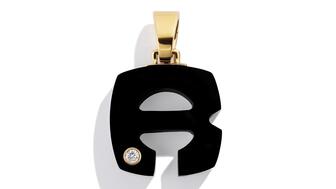
The “Splendente” collection has evolved to feature hardstone letter pendants, including our Piece of the Week, the onyx “R.”

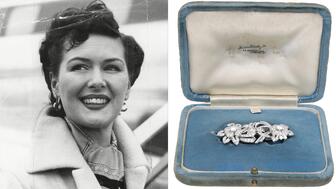
The jewelry collection belonged to “one of society's most glamorous and beautiful women of the mid-20th century,” said the auction house.
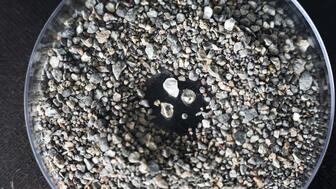
The update came as Anglo took its third write-down on the diamond miner and marketer, which lost more than $500 million in 2025.

With refreshed branding, a new website, updated courses, and a pathway for growth, DCA is dedicated to supporting retail staff development.

Emmanuel Raheb discusses the rise of “GEO” and the importance of having well-written, quality content on your website.

Each received around four years for burglarizing a jewelry store and a coffee shop in Simi Valley, California, last May.
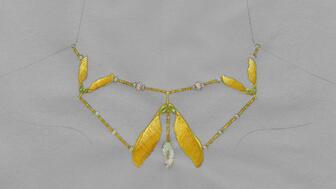
Catherine Aulick, a GIA graduate, received the ninth and final Gianmaria Buccellati Foundation Award for Excellence in Jewelry Design.

We asked a jewelry historian, designer, bridal director, and wedding expert what’s trending in engagement rings. Here’s what they said.

Experts from India weigh in the politics, policies, and market dynamics for diamantaires to monitor in 2026 and beyond.

Beth Gerstein discusses the vibe of the new store, what customers want when fine jewelry shopping today, and the details of “Date Night.”

Are arm bands poised to make a comeback? Has red-carpet jewelry become boring? Find out on the second episode of the “My Next Question” podcast.
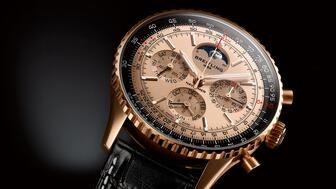
The Swiss watchmaker is battling declining sales amid a rapid retail expansion, according to a Financial Times report.

The campaign celebrates Giustina Pavanello Rahaminov, the co-founder’s wife and matriarch of the family-owned brand, for her 88th birthday.

Rachel Bennett, a senior jeweler who has been with Borsheims since 2004, earned the award.

The industry veteran, who was with The Edge Retail Academy for 14 years, joins her husband at the company he founded in 2022.

The vintage signed jewelry retailer chose Miami due to growing client demand in the city and the greater Latin American region.

Former Flight Club executive Jin Lee will bring his experience from the sneaker world to the pre-owned watch marketplace.
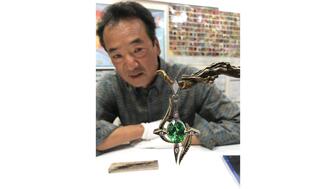
Sakamoto, who died in mid-January following a sudden illness, is remembered for his humility and his masterful, architectural designs.
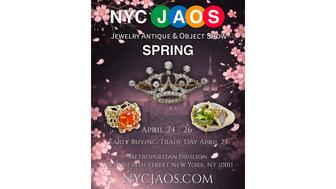
The April event will feature a new VIP shopping day requiring a special ticket.

Bulgari chose the British-Albanian singer-songwriter for her powerful and enduring voice in contemporary culture, the jeweler said.

Smith encourages salespeople to ask customers questions that elicit the release of oxytocin, the brain’s “feel-good” chemical.

JVC also announced the election of five new board members.
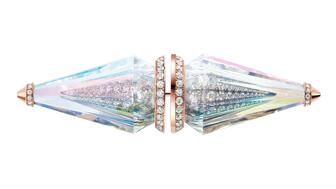
The brooch, our Piece of the Week, shows the chromatic spectrum through a holographic coating on rock crystal.













